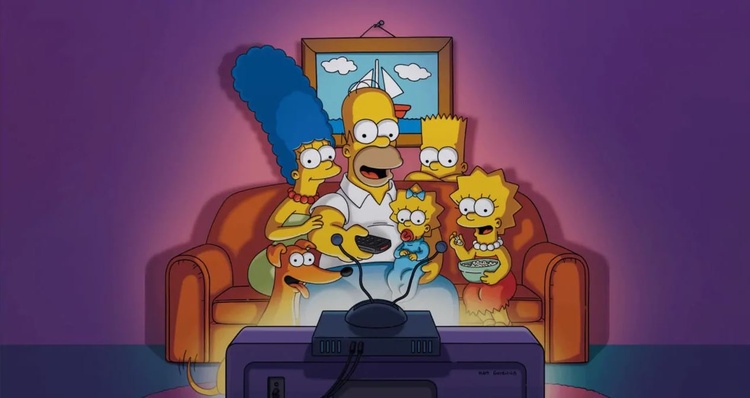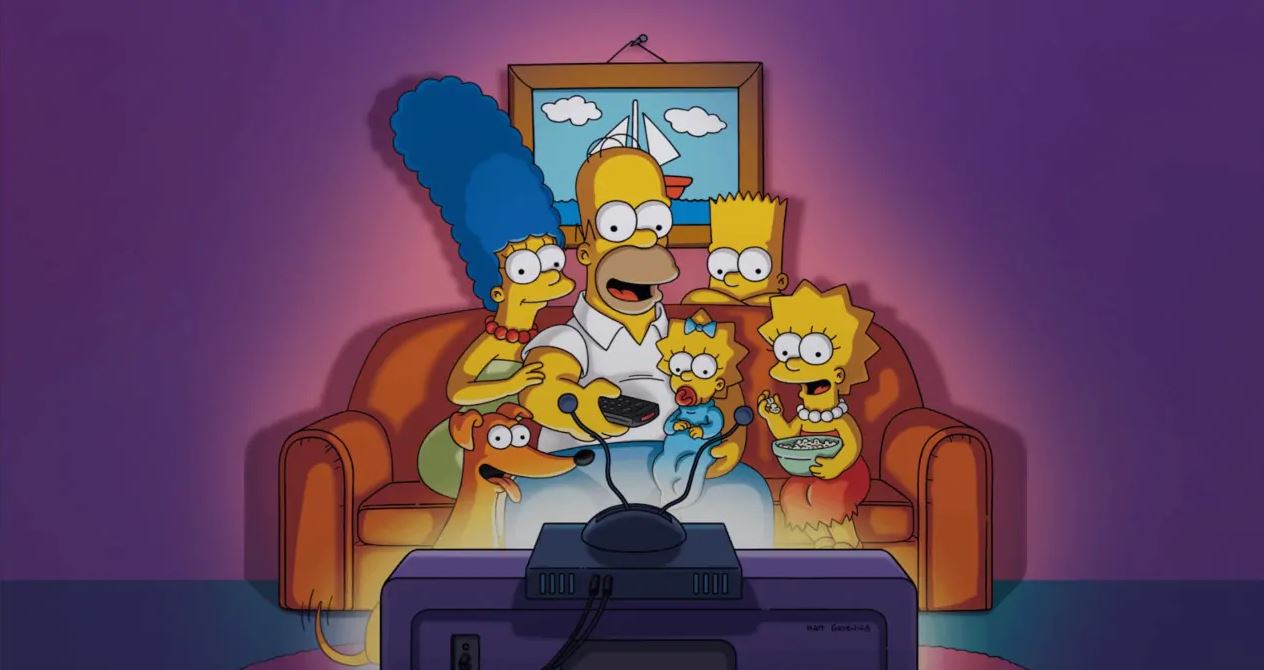Set in the fictional town of Springfield, the epitome of so-called 'Middle America', it pokes fun at all aspects of American life.
Since its debut in 1989, more than 700 episodes have been aired, dubbed in 15 languages and subtitled in 27, and the series is still in production, now on its 34th season.
While Homer Simpson, his wife Marge and their children Maggie, Bart and Lisa are at the heart of the program, the humour of The Simpsons also relies on the constant use of social and ethnic stereotypes to poke fun at American society and the human condition in general.
The show’s reference to stereotypes is attributable to the fact that they are commonly shared and quickly understood, especially when an episode lasts only 20 minutes. Of course, this does not mean that stereotypes are necessarily accurate or right.
The Simpsons also has a large audience in Italy, where the series has been broadcast ― dubbed ― on television for many years. Italy has a long tradition of dubbing foreign films and TV series into Italian.
One of the challenges of dubbing is deciding how to adapt to the social and linguistic reality of the original. In some cases, the use of standard Italian is a safe choice, even if social nuances are lost.
But for the dubbers of The Simpsons, this is not a solution, given their desire not to lose the humour associated with social and linguistic stereotypes.
So what choices have been made?
In the original version Willie, the caretaker, is Scottish and speaks English with a thick Scottish accent to emphasise his rough nature and ethnic pride. He is originally from Kirkwall in the Orkney Islands.
In the Italian version he is Sardinian ― rough and proud of his ethnic origins, if one follows the stereotype principle ― and comes from the small village of Mogorella in the Oristanese region.
Commissioner Clancy Wiggum, head of the Springfield Police Department, is of Irish descent.
The stereotype is immediately understandable to Americans, especially along the east coast of the United States, where policemen were and remain traditionally Irish.
In the Italian version, the surname Wiggum becomes Winchester ― the well-known American brand of rifles. He is Neapolitan and has a strong regional accent ― an obvious reference to the traditional Italian stereotype that carabinieri are southerners.
The French have a different approach to the dubbed version of The Simpsons: standard French is used for most of the characters, including Caretaker Willie and Commissioner Wiggum.












